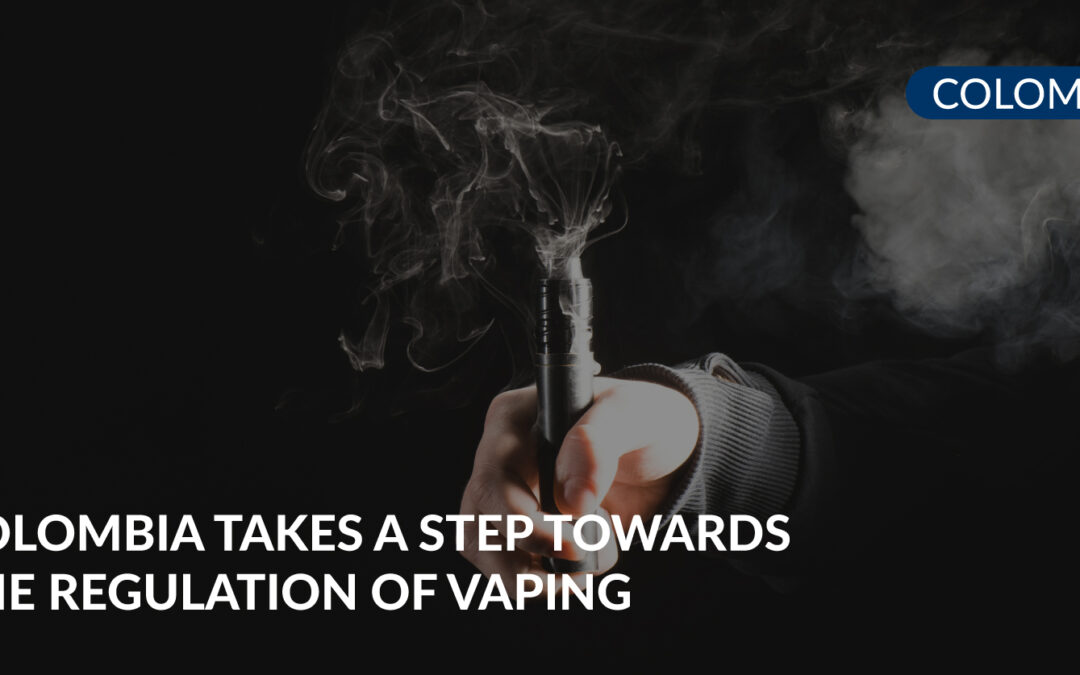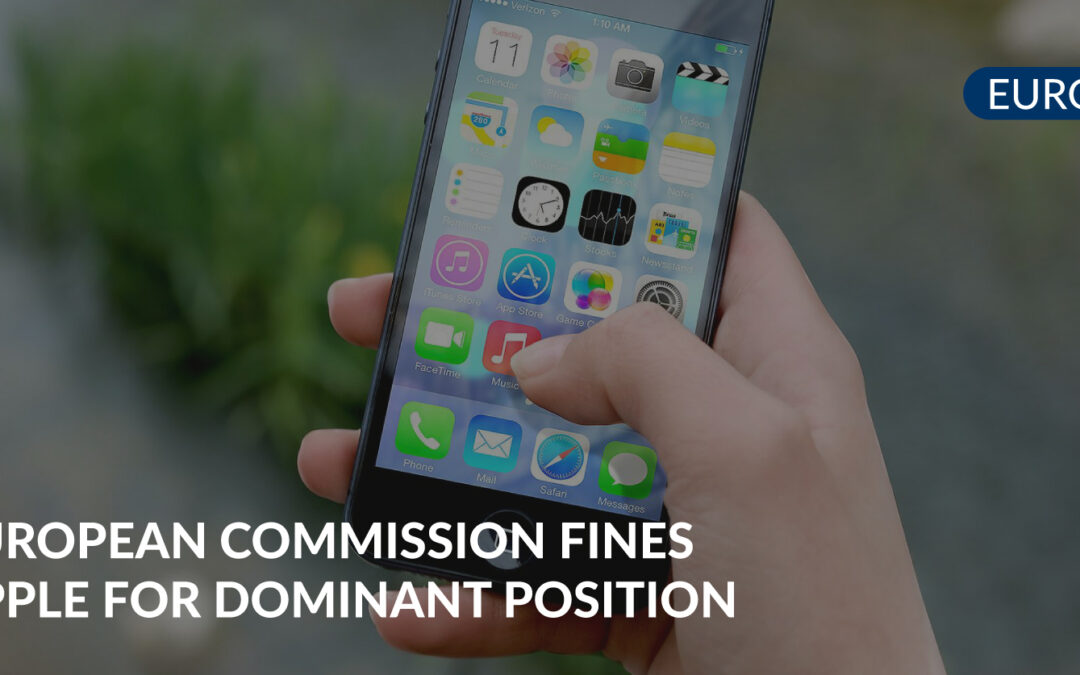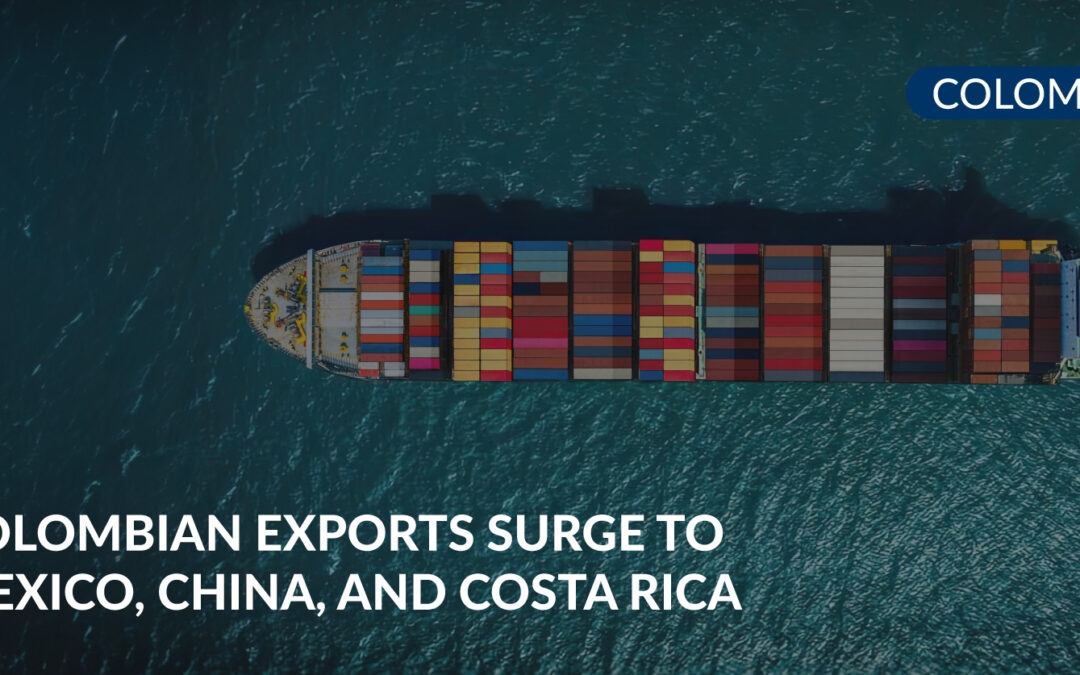The economic toll of the COVID-19 crisis has not been trivial to any country. There are, however, countries that have received a stronger financial impact than others. For this reason, expecting market forces to swiftly stabilize the (now severed) economic flow that capitalism enables is probably wishful thinking. Now, more than ever, we must consider the relevant role that competition authorities and competition policy can play in a vigorous economic bounce-back, both through competition enforcement and competition advocacy.
On February 24, the OECD carried out its 2021 version of Competition Open Day, a virtual seminar that OlarteMoure had the privilege to attend. In it, the invited panelists addressed the most pressing issues for competition law in the urgent context of the global economic recovery from COVID-19, covering three relevant focal points: (i) How can competition policy and, more specifically, competition authorities, contribute to a faster and more sustained economic recovery?; (ii) What impact should the defense of competition have on the design and implementation of state aid in times of crisis?; (iii) What is the relevance of implementing oversight mechanisms and compliance with competition rules for economic recovery?[1]
Certain that these issues are of the utmost importance to competition authorities worldwide, at OlarteMoure we designed a review that encloses some of the ins and outs of the seminar and its main conclusions, always with the latent question in the background: How can competition authorities aid economic recovery right now?
I. Main panel on competition policy in economic recovery
So, why should we redirect our attention to competition policies and the substantial role they might play in the COVID-19 economic recovery? The main discussion inevitably enclosed this issue, and involved the participation of various representatives of different competition protection authorities in Europe. It is why we consider it essential to dissect the different measures and recommendations that these valuable representatives offered with regards to adopting economic recovery measures in countries that have been the same or even more affected by the pandemic.
The panel was led by Rubén Maximiano, OECD Senior Expert on Competition, and included the participation of: (i) Olivier Guersent, General Director for Competition of the European Commission, ii) Margarida Matos Rosa, President of the Autoridade da Concorrência (Competition Authority of Portugal), (iii) Rebecca Slaughter, United States Federal Trade Commissioner (FTC); (iv) Andreas Mundt, President of the Bundeskartellamt (Federal Cartel Office) of Germany; and (v) Cani Fernández, president of the National Commission for Markets and Competition in Spain.
Maximiano drew the public’s attention to two main lessons, transversal to the preparation of a report produced by the OECD in late 2020 titled “The Role of Competition Policy in Promoting Economic Recovery[2]:”
- Big moments of economic crises (Great Depression, Japanese crisis, Financial Crisis of 2008), tell us that lax cartel enforcement may help stifle the immediate stroke of a crisis, but it does not imply, nor does it improve, long-term economic resilience. This is, suspension of antitrust laws and lax merger control policies hold back economic recovery. Competition, instead, is a birth bed for a healthy and steady economic flow as it drives markets towards innovation and enables better prices, greater choice, and a higher quality of goods and services. Thus, raising awareness and advocating for it is really more important now than ever.
- States and competition authorities must respect the principles of competition when providing aid and support measures. Less carefully crafted state support policies actually risks harming market efficiencies and leads to unnecessary competition distortions.
Based on these lessons, Maximiano then presented some of the specific recommendations that the OECD offered to competition authorities in the context of state support measures against COVID-19. He referred to three specific recommendations:
- In order to prevent a deepening of the crisis by trying to sustain a sector that was not thriving and will do so even less with the recession (however aiding a spirit), it is crucial that competition authorities advocate for state support measures to be proportionate and well-targeted. This can be done through a counterfactual analysis, much like in merger control and acquisitions (in Colombia, the Business Integration regime), by comparing the current situation with a scenario where COVID-19 had not occurred. In this sense, selective support measures could be better targeted at sectors where the COVID-19 crisis would only have a temporary effect. The risk in granting support measures to sectors that experience a permanent shock is to artificially back a sector that is actually in decline, enhancing the critical financial state.
- Now, if competition authorities identify cases in which the support measures are likely to lead to competition distortion, without this support measure outweighing the positive effects, the competition authority may advocate for the government to implement compensatory remedies, in order to help lower barriers to entry and reduce market power. These measures can be structural (for example, by divesting assets) or behavioral (price limitations intended to prevent the beneficiary for example, by preventing agents from engaging in predatory strategies).
- State support should include incentives and exit strategies. Since government support may create dependency, competition authorities, alongside state entities, should devise safe ways to cut off support as soon as conditions allow for governments to obtain value for money for taxpayers, and as soon the conditions for competitions are ensured. It is essential, as well, that there is an adequate exit process designed by the government, in such a way that the economic recovery does not end up being jeopardized by withdrawing support measures too quickly. Strategies like the application of “sunset clauses and other open, transparent and non-discriminatory measures may be a strong way out.
Soon after, a conversation began: representatives of different competition authorities raised the question of how these recommendations have been incorporated throughout nations and governments. Olivier Guersent, General Director for Competition of the European Commission, stressed the importance of recognizing that “the crisis did not hit everybody the same: if an economy is largely dependent on tourism and transportation, the crisis will have a much deeper effect than in another economy that does not depend on these sectors.”
Along the same lines, Cani Fernández (president of the National Commission of Markets and Competition in Spain), Andreas Mundt (President of the Bundeskartellamt (Federal Cartel Office of Germany) and Margarida Matos Rosa (President of the Autoridade da Concorrência – Portuguese Competition Authority) stated that, while countries do not have all the same priorities, many of the competition authorities have had to redirect their attention to strategic markets and industries that are essential for the recovery, for example digital markets.
- Conclusions
History has showed us, as Maximiano expressed earlier, that when there is no protection for innovation, it is the same market who must carry the burden, shocking consumer supply and leaving people with little or few goods and services to decide on. Therefore, in line with the conclusions set out by the OECD in its 2020 report, we must recognize that competition is, and has always been, a fundamental element for economic recovery in times of crisis. It is for this reason that competition authorities must assume an increasingly active role in the design of government measures to cushion the negative effects of the crisis and, in the same way, promote highly competitive markets. Based on this, on the panels and discussions that arose in the Competition Open Day seminar, and on the OECD’s 2020 report, three alternatives stand out regarding the question: How can competition help?
In the first place, faced imminently with this crisis, competition authorities can assume a proactive role in the process of elaborating any state support measure. Since this would, inevitably, suppose a market distortion (however minor it may be), competition authorities must weigh the potential alterations to competition against its potential positive effects. In this way, they can prepare ex ante analyzes of the measures and issue recommendations to governments on their relevance and viability.
Second, competition authorities can redirect their efforts towards strategic markets and industries that they consider to be at the center of the recovery process. Among priority sectors are, for example, those that have been strongly involved in the response to the crisis (financial sector, health sector, etc.), or those that can generate positive effects on social welfare (telecommunications, energy, etc).
Finally, competition authorities can contribute to the generation of “entry and exit plans” for state support measures. On the one hand, with the aim to draw up the conditionality criteria that companies must adhere to in order to benefit from State aid measures, and on the other, to generate conditions under which the State can abandon aid and, thus, avoid artificially supporting a sector of the economy.
[1] OECD (2021). The Role of Competition Policy in Promoting Economic Recovery. Retrieved from: https://www.oecd.org/daf/competition/role-of-competition-policy-in-promoting-economic-recovery.htm
[2] OECD (2020). The role of competition policy in promoting economic recovery, https://www.oecd.org/daf/competition/the-role-of-competition-policy-in-promoting-economic-recovery-2020.pdf
By:

Partner

Practice Chair – Antitrust, Unfair Competition & Consumer Law

Practice Chair – Antitrust, Unfair Competition & Consumer Law

Antitrust, Unfair Competition & Consumer Law team member







